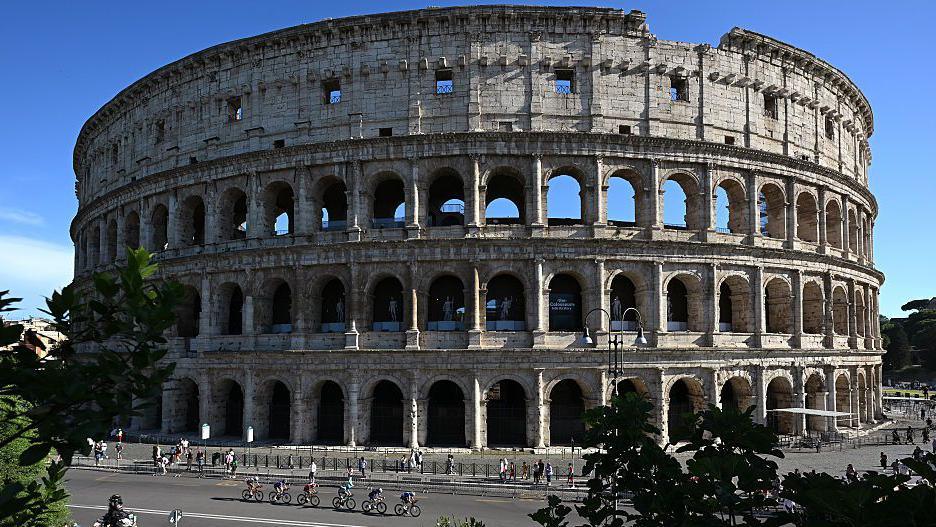Italians mistakenly identify as Roma in Scotland's census

- Published
Italians born in Rome who now live in Scotland have mistakenly selected the Roma ethnicity category in the country's last census, it has been revealed.
The 2022 Census Scotland recorded Roma people - minority ethnic communities who have usually migrated from eastern European countries such as Romania - for the first time.
Analysis by the National Records of Scotland (NRS) found a higher proportion of individuals born in Italy identifying as Roma than expected.
Officials concluded that some census respondents born in Rome, which is called Roma in Italian, may have ticked the Roma ethnicity category in error.
In total, 3,218 people responded to Scotland's Census 2022 that they identified with the Roma ethnic group, representing 0.06% of Scotland's population.
Around 36.5% of the Roma population reported their county of birth as Italy, compared with only 19.1% born in Romania, the second most common country of birth.
In total, this amounts to 1,200 people born in Italy out of the total 3,200 Roma population in Scotland.
NRS officials said they "believe the box may have been ticked in error by individuals born in Rome, Italy but cannot conclusively determine what proportion of individuals may have inadvertently ticked the wrong ethnicity, as some are likely to be people who would be considered part of the Roma ethnic group".
It is thought the biggest concentration of people of Roma descent in Scotland is in Glasgow, around the Govanhill area.
However, the last census found only 28.1% of the Roma population are in Glasgow, fewer than the 28.3% in Edinburgh.
An NRS report said this was "different to our expectations" and linked it to the issue of the box being ticked in error by individuals born in Rome.
The number of people living in Scotland who were born overseas has been increasing for the last two decades and so has the number of people with an ethnic minority background.
Scotland's census, usually held every 10 years, had a lower return rate than in other parts of the UK and the deadline had to be extended before it finally achieved 89% participation.